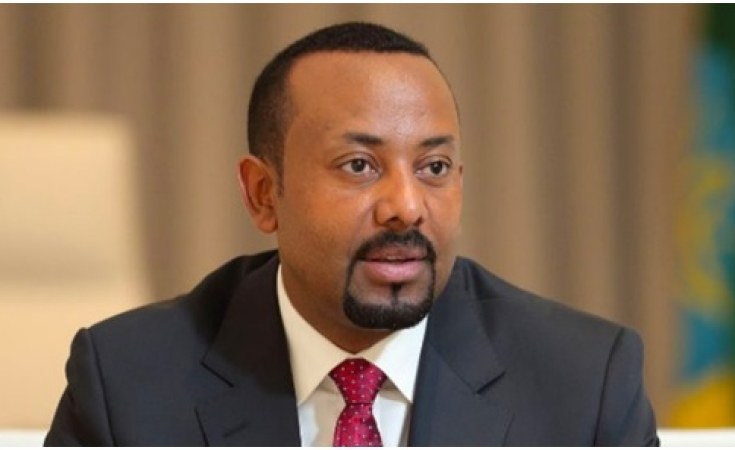Addis Abeba — Prime Minister Abiy Ahmed announced early this morning that the government's decision to dissolve and reintegrate regional special forces into other security structures "will be implemented as planned, and it will be done so "even if" there is a price to be paid.
PM Abiy also cautioned thy the government will take "appropriate law enforcement measures" on those who are "deliberately playing a distractive role" against its implementations.
The Prime Minister weighed in on the matter a day after General Abebaw Tadesse, Deputy Chief of Staff of the Ethiopian National Defense Forces (ENDF) told state and Peru affiliated media that move to dissolve regional special forces was neither "to disarm", nor "to dismantle" them. Rather "to reorganize" and "to reform" the forces was a "matter of the constitution" whose works has been in the making for the last four years.
In a lengthy four pages statement the Prime Minister released through his social media accounts, PM Abiy explained that the decision was discussed amongst leaders and members of regional special forces in which it was made clear that
the process to dissolve and reintegrate special forces into "other security structures should be applied to all the special forces of the regions", and to the members "three options: to join the Defense forces, the Federal Police or the Regional Police.
He also said that "the issue is not disarmament, but that they will get more training and weapons" and be reintegrated into other security structures "where they can better serve the country."
The discussions have also identified challenge that "there will be elements that will arise to hinder this work" and to that options were put in pace "first by discussing and persuading" and "a law enforcement" to be applied "if there are actors who commit acts beyond this."
These remarks from PM Abiy came in the midst of ongoing protests in several cities and towns of the Amhara region after the official announcement on Thursday 06 April evening triggered a backlash in the region where protesters began taking to the streets since Friday.
The protesters in some places have also blockaded the movements of federal defense forces on Friday, whereas members of the region's special forces were leaving camps in protest, leading to the Amhara regional state government has to to issue a statement calling on the members of the special forces "to return to their respective camps or assigned workplaces and remain calm" while the ongoing "reorganization" works of regional special forces continues to take place.
The regional president Dr Yilkal Kefale repeated the state government's stand in a message broadcast on regional tv this morning. Dr Yilkal said that there is "no intention to disarm and disband" the special forces of the Amhara region in any particular way than other regions.
The president also admitted that "due to the information gap" some cities in the region are witnessing protest activities, and that there are "calls for strikes and restrictions on the movement of people and vehicles."
He cautioned that such "unnecessary" steps are "destructive and destructive" and do not benefit anyone.
Both PM Abiy and the region's president echoed General Abebaw's assertion that the decision was jointly decided by all regional states and will implemented by all regional leaders. "Most regions do not have the economic capacity to manage an army, he said, adding that almost all regions "use the federal government's budget for their special forces."
Arrangements have also been put in place that from hereon regional states should only "strengthen their police forces and focus only on preventing crime and maintaining local peace," the PM said, adding that competition among regional states should not be based on building special forces "but on economic, social development and democratic culture."
"When there is an attack from any force, which threatens the borders, existence and sovereignty of the country, the defense army will take action."
He called on all "the relevant institutions and patriotic Ethiopians in general to cooperate with the implementation of the decision, taking into account the national significance and the lasting benefit it will bring."


